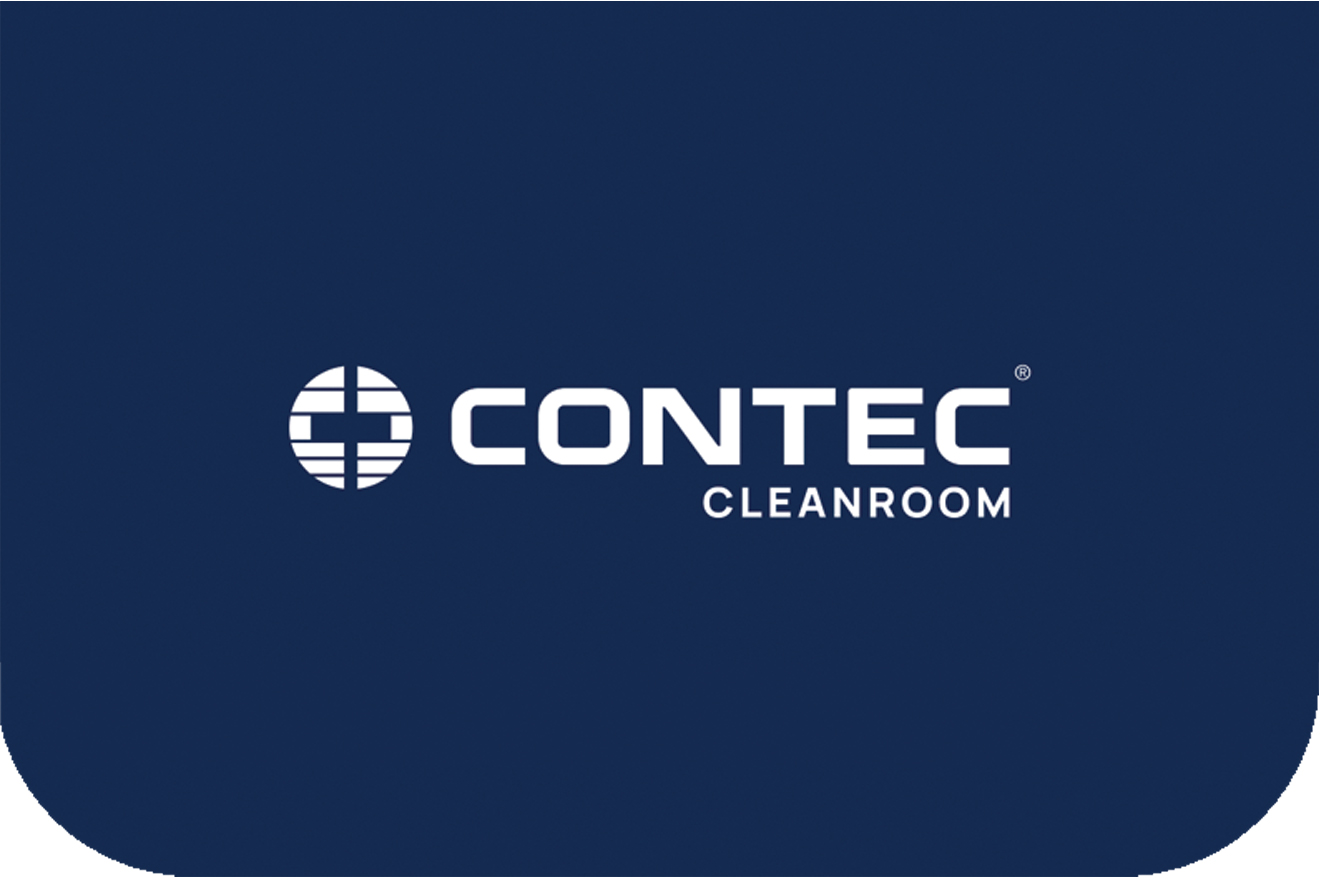Upon my arrival at London Heathrow, it finally hit me. I was returning from a day trip to Germany — the Lounges trade show in Karlsruhe — when I saw at least a hundred people in the queue for passport control with masks on their faces. It took me about two hours to reach the desk.
Those without a mask, me included, had their eyes pinned on their mobile phones, thumbs on the screen, scrolling up and down to distract from fearful thoughts of catching the deadly disease.
At the time of going to press, the WHO had declared the novel coronavirus outbreak a global health emergency, yet all we know is the uncertainties around the new respiratory illness.
Sales of PPE have skyrocketed since, despite the evidence that only good hand hygiene would prevent the spread of the infection. Isn’t this similar to bad habits cleanroom staff fall into, leading to undesired process contamination? Why do the most basic aseptic practices tend to be overlooked despite operators knowing better?
The article on p35 of the February issue delves into this topic. Brian Duncan of the US-based consultancy firm Quality Executive Partners explains the launch of an on-demand training platform for sterile manufacturing, and on p26 PM Group’s Dave Wolton describes the opportunities for next-gen aseptic manufacturing using robots. Challenging times call for extraordinary measures.
N.B. This article is featured in the February 2020 issue of Cleanroom Technology. Subscribe today and get your print copy!
The latest digital edition is available online.

